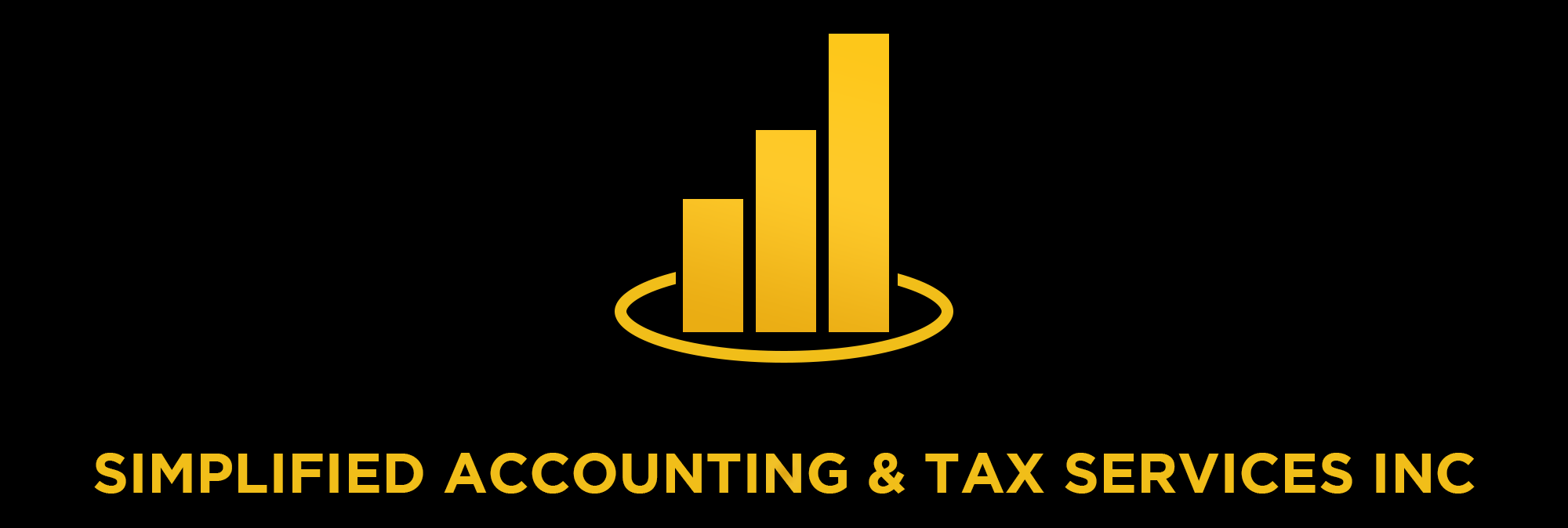Why Understanding Your Tax Deductions Matters
If you’re a small business owner in Toronto—or anywhere in the Greater Toronto Area (GTA)—knowing what you’re allowed to deduct come tax time isn’t just helpful, it’s essential. Whether you’re operating out of a condo in downtown Toronto or running a startup from Markham, understanding eligible expenses can lead to major small business tax savings.
The Canada Revenue Agency (CRA) offers a range of deductions designed to reduce your taxable income. These include common categories like home office expenses, vehicle costs, and business operating expenses, all tailored to help small businesses keep more of their earnings.
Let’s dig into the most relevant and valuable deductions available to entrepreneurs across Toronto, Scarborough, Markham, Vaughan, and the GTA in 2025.
Top 10 Tax Deductions for Toronto Small Businesses
| Deduction | What You Can Claim | Key Notes |
| Home Office Expenses | Utilities, internet, rent, mortgage interest, property taxes | Must be your principal place of business or used to meet clients |
| Vehicle Expenses | Fuel, maintenance, insurance, license, registration | Keep detailed mileage logs to separate personal from business use |
| Advertising & Marketing | Online ads, website costs, print ads, sponsorships | Must be business-related and not personal promotion |
| Capital Cost Allowance (CCA) | Depreciation of equipment, computers, vehicles | Assets claimed over several years rather than all at once |
| Salaries & Wages | Employee wages, commissions, bonuses, CPP, EI contributions | Includes family members on payroll |
| Business Use of Vehicle | Similar to vehicle expenses; focused on personal vehicle used for business | Requires mileage log and business use percentage calculation |
| Rent & Utilities | Office or storefront rent, electricity, internet, phone | Coworking fees may also qualify |
| Insurance & Professional Fees | Business insurance, accounting, legal, consulting fees | Must relate directly to business activities |
| Travel Expenses | Transportation, lodging, 50% of meals for business-related travel | Must be out of town and directly tied to business |
| Small Business Deduction (SBD) | Reduced corporate tax rate on up to $500K active business income for CCPCs | Great for incorporated businesses; not available to sole proprietors |
Top Tax Deductions for Small Businesses in Toronto

Home Office Expense Deduction
Working from home? You’re likely eligible for the home office expense deduction. Whether you’re freelancing in Scarborough or running an eCommerce store in Vaughan, the CRA allows you to claim a portion of:
- Utilities (electricity, heat, water)
- Internet expenses
- Rent or mortgage interest
- Property taxes
- Maintenance and minor repairs
To qualify, your home office must be your principal place of business or a space used exclusively to earn income and meet clients. For those claiming GTA small business tax deductions for home offices, meticulous record-keeping and a reasonable method for calculating space usage (e.g., square footage) are key.
Vehicle Expenses
If you’re using your car for business—think client meetings across Toronto or supply runs in Markham—you can deduct a portion of your:
- Fuel and oil
- Repairs and maintenance
- Insurance
- License and registration
- Leasing costs or depreciation
The CRA requires detailed mileage logs that separate personal use from business use. For Toronto small business vehicle expense deductions, using an app or a spreadsheet tracker will help you stay compliant and maximize your claim.
Advertising and Marketing Expenses
Promoting your business? Most marketing costs are deductible. That includes:
- Online advertising (Google Ads, social media)
- Website hosting and design
- Print advertising (flyers, local newspapers)
- Sponsorships and promotional materials
If you’ve been running Facebook ads or building brand awareness across Scarborough or Vaughan, these expenses may qualify as part of your small business tax savings strategy.
Capital Cost Allowance (CCA)
When you purchase business assets—like computers, tools, or vehicles—you can’t deduct the full cost in the year you buy them. Instead, you claim Capital Cost Allowance (CCA), a type of depreciation, over several years.
This is especially useful for equipment-heavy businesses in Markham or startups investing in office gear across the GTA.
Salaries and Wages
Paying employees? You can deduct:
- Wages and salaries
- Bonuses
- Commissions
- Employer contributions (e.g., CPP, EI)
This also includes family members employed in your business. For small business owners in Toronto hiring help, these deductions can offer major relief at tax time.

Business Use of Your Vehicle (Motor Vehicle Expenses)
Similar to the earlier section on vehicle expenses, this one is specifically focused on deductions tied to the business use of your personal vehicle. You must separate business from personal driving, and only the business-related portion is deductible.
This is one of the more popular deductions for self-employed individuals in Toronto who regularly drive for client meetings, deliveries, or site visits.
Rent and Utilities
Renting office space in downtown Toronto or leasing a storefront in Scarborough? You can deduct:
- Monthly rent payments
- Electricity and water
- Internet and phone services
Even coworking space fees can qualify, provided the space is used to generate income.
Insurance and Professional Fees
Running a business means carrying some form of insurance—and you can deduct those premiums. This includes:
- Business liability insurance
- Property insurance
- Errors and omissions (E&O) insurance
Professional fees, such as accounting and legal services, are also fully deductible. If you’re working with Scarborough small business tax advisors or Toronto small business accounting firms, these costs can be written off.
Travel Expenses
If you travel outside the GTA for business—perhaps to attend a conference or meet a client—you can deduct:
- Airfare or transportation
- Accommodations
- Meals (50% of the cost is typically deductible)
Be sure to keep itemized receipts and document the business purpose for each trip.

Small Business Deduction (SBD)
The Small Business Deduction is a reduced tax rate available to Canadian-Controlled Private Corporations (CCPCs). This deduction significantly lowers the corporate tax rate on the first $500,000 of active business income.
It’s a cornerstone of Ontario tax incentives and offers some of the best small business tax savings strategies available.
Provincial Tax Considerations in Ontario
Ontario’s Small Business Deduction
Ontario offers a significant benefit to incorporated small businesses in the form of the Small Business Deduction (SBD). This allows Canadian-Controlled Private Corporations (CCPCs) to reduce the corporate tax rate on the first $500,000 of active business income.
For small businesses operating in Toronto, Vaughan, or Markham, this deduction can lead to considerable tax savings—especially when combined with other Ontario tax incentives and eligible Canadian tax deductions.
The deduction applies only to active income earned from business activities and does not include investment income or capital gains. To qualify, businesses must meet criteria including:
- Being a CCPC throughout the year
- Having taxable capital employed in Canada under $15 million
- Earning less than $500,000 in active business income
For small business tax savings strategies, combining the SBD with other deductions like vehicle expenses and home office claims can result in a more efficient tax plan.
Current Ontario Small Business Tax Rates
As of 2025, the combined federal and provincial tax rate for small businesses eligible for the SBD in Ontario is approximately 12.2% on the first $500,000 of taxable income. Any income above that threshold is taxed at the general corporate rate.
This low tax rate helps support Toronto small business tax deductions for self-employed individuals and incorporated businesses looking to reinvest in their growth, hire staff, or expand into new markets.
While these tax benefits are designed to encourage entrepreneurship across the GTA, it’s important to structure your business properly to make the most of them.
How to Claim the Best Tax Deductions for Your Small Business
Toronto and GTA-based entrepreneurs have a wide range of tax deductions and incentives available to them. From home office expenses to vehicle deductions and the Small Business Deduction, understanding what you can claim is key to running a financially efficient business.
Recapping the essentials:
- Deduct business-related costs like rent, utilities, advertising, and professional fees
- Track vehicle and home office usage carefully to maximize claims
- Incorporate your business to access lower tax rates through Ontario’s SBD
- Take advantage of both federal and Ontario tax incentives for small businesses
Navigating GTA tax deductions can be complex, especially when it comes to balancing multiple claims across different categories. That’s where working with experienced Toronto small business accounting firms—like Simplified Accounting—can provide clarity, helping you avoid missed opportunities while staying compliant.
Tax season doesn’t have to be stressful. With the right strategy and a clear understanding of available deductions, small business owners across Scarborough, Markham, Vaughan, and Toronto can keep more of what they earn and fuel long-term growth.

Need Help With Bookkeeping, Accounting, or Taxes?
At Simplified Accounting, we specialize in helping small businesses, corporations, freelancers, contractors, and self-employed professionals across Toronto and the GTA. Whether you need support with tax planning, deductions, or year-round bookkeeping—we’ve got you covered.
Call us at 647-458-0481 or contact us online to get started today.
Frequently Asked Questions About Small Business Tax Deductions
What taxes do small businesses pay in Ontario?
Small businesses in Ontario typically pay corporate income tax, which includes both federal and provincial components. Eligible businesses may also benefit from the Ontario Small Business Deduction, which reduces the tax rate on the first $500,000 of active income. Other applicable taxes may include payroll deductions, HST, and WSIB premiums depending on the nature of the business.
How to get the biggest tax refund in Canada?
To maximize your tax refund, ensure you’re accurately claiming all eligible deductions, including expenses like advertising, home office use, and vehicle costs. Keep detailed receipts and records throughout the year, and work with a qualified accountant or Toronto small business tax advisor to identify all available credits and strategies.
What business expenses are tax deductible in Canada?
Common deductible business expenses include advertising and marketing, vehicle use, home office costs, rent and utilities, employee wages, and professional services like legal or accounting fees. The Canada Revenue Agency (CRA) requires that all claimed expenses be reasonable and directly related to earning income.
Who qualifies for the CRA Small Business Deduction?
To qualify for the Small Business Deduction, a business must be a Canadian-Controlled Private Corporation (CCPC) throughout the year. It must earn active business income and have taxable capital employed in Canada under $15 million. This deduction lowers the tax rate on the first $500,000 of qualifying income.
What is the most overlooked tax deduction?
One of the most commonly overlooked deductions is the home office expense. Many self-employed individuals and small business owners in the GTA fail to claim it due to confusion around CRA requirements. However, if your home is your principal place of business or used regularly to meet clients, you may be eligible.

